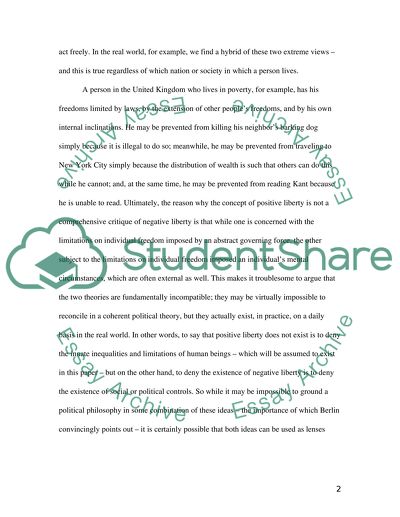Cite this document
(“Liberty Essay Example | Topics and Well Written Essays - 3000 words”, n.d.)
Retrieved from https://studentshare.org/philosophy/1527386-liberty
Retrieved from https://studentshare.org/philosophy/1527386-liberty
(Liberty Essay Example | Topics and Well Written Essays - 3000 Words)
https://studentshare.org/philosophy/1527386-liberty.
https://studentshare.org/philosophy/1527386-liberty.
“Liberty Essay Example | Topics and Well Written Essays - 3000 Words”, n.d. https://studentshare.org/philosophy/1527386-liberty.


